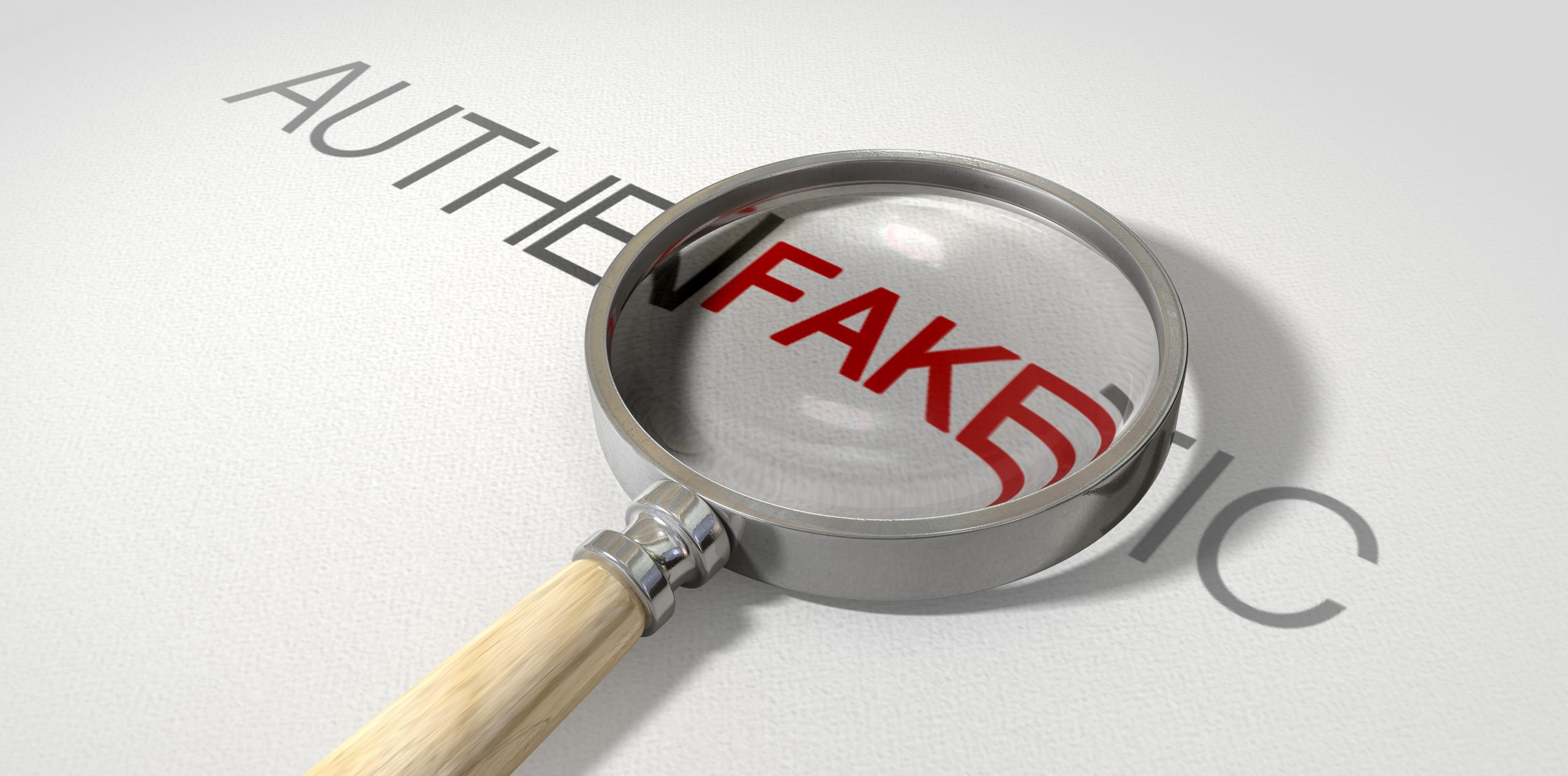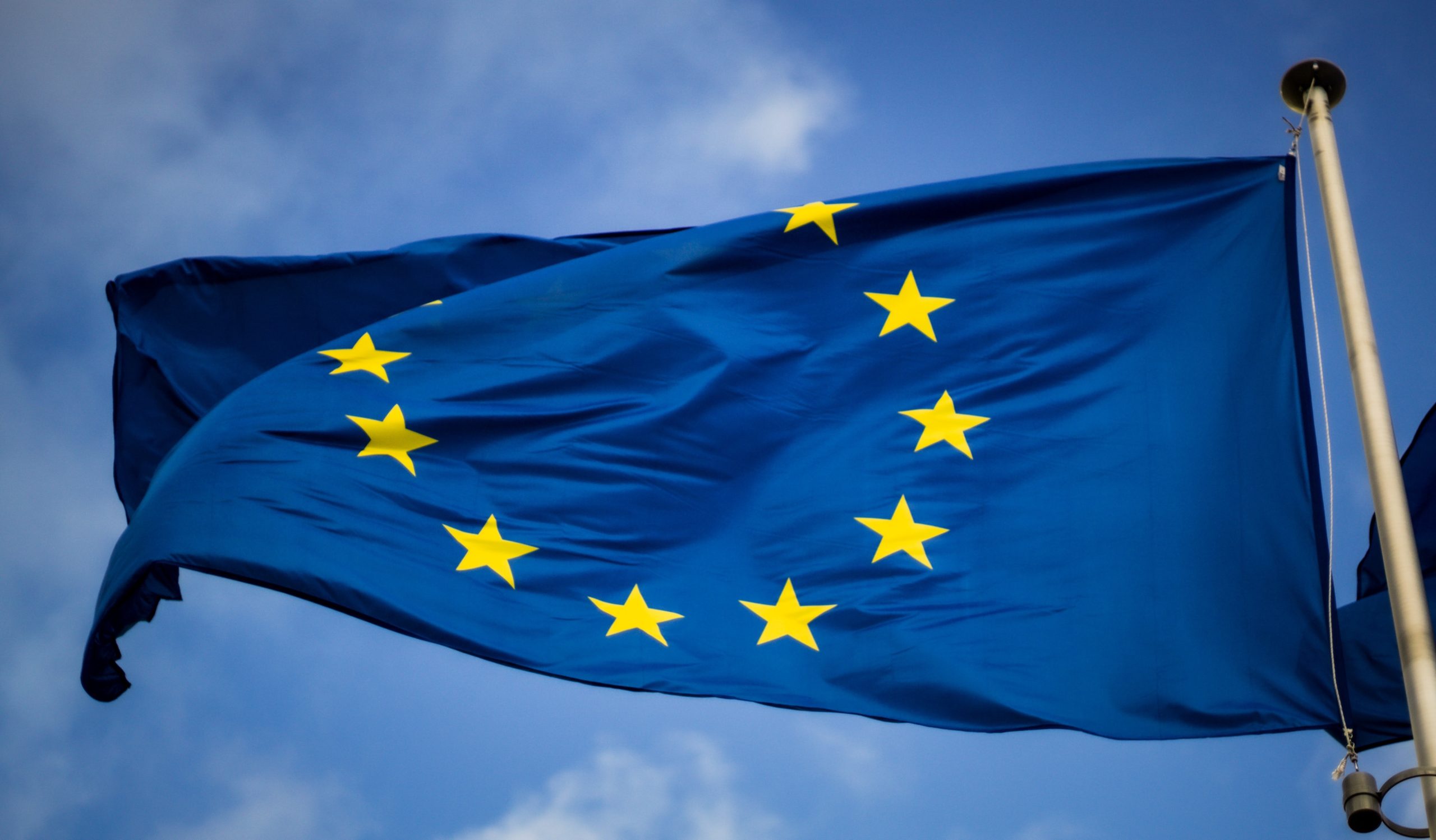It was over four years ago that private investigator Glenn Mulcaire and News of the World journalist Clive Goodman were jailed for their illegal newsgathering method: the interception of private voicemail messages. The pair have long since served their sentences, but but the scandal did not end there for News International, which owns News of the World.
In July 2009, the Guardian printed its phone hacking scoop. It marked the next stage of the British phone hacking saga and re-opened an enormous can of worms in Wapping, the London area in which News of the World is based. The latest development came this week: the actress Sienna Miller, one of the many claimants pursuing civil claims against News International, has agreed to a £100,000 compensation settlement. The newspaper has accepted unconditional liability for her phone hacking claims.
More information on the background of the extensive phone hacking drama can be found here. This blog post, however, deals with how the newspaper scandal was dealt with in various British newspapers – a story in its own right.
The Guardian has its own comprehensive archive on phone hacking with over 600 stories but how else has the British national media covered the story from 2006-11?
Searches were conducted on news databases using the terms “phone hacking” or “phone tapping” or “voicemail interception” and “News of the World”.
The Journalisted.com service, which holds data on media stories published by 21 digital news outlets (including BBC News Online) since early 2008, records 2,274 articles on the topic – at the time of writing.
The Nexis® UK database (subscription only), with a bigger archive dating back to the original phone hacking investigation in 2006, records 1,454 articles on phone hacking and News of the World at national newspaper titles. It should be noted that some articles are duplicates, published in different editions of the newspaper, for example. The list of national newspaper coverage, ordered from most to least coverage*:
- The Guardian (411) + The Observer (102). Total = 513
- The Independent (211) + Independent on Sunday (58). Total = 269
- The Times (114) + The Sunday Times (24). Total = 138
- The Financial Times (London). Total = 115
- The Daily Telegraph (97) + The Sunday Telegraph (12). Total = 109
- Daily Mail (86) and Mail on Sunday (6). Total = 92
- The Express (68) + The Sunday Express (21). Total = 89
- The Sun. Total = 41
- Morning Star. Total = 34
- The Mirror (32) and The Sunday Mirror (1). Total = 33
- The Star and Sunday Star (Express Newspapers). Total = 21
As one might expect the Sun, sister paper of the News of the World, is near the bottom of the list, but strikingly, the Times and Sunday Times, also part of Rupert Murdoch’s News International, have covered the story more times than the Daily Mail and Mail on Sunday, the Daily Telegraph and Sunday Telegraph, the Mirror and the Sunday Mirror and the Express and Sunday Express. Less surprisingly, the Guardian and Observer top the list with 513 articles, followed by the Independent and Independent on Sunday with 269.
A separate search of the News of the World print archive showed two articles with the newspaper’s recent apology and three articles about Clive Goodman and Glenn Mulcaire’s imprisonment in 2006/7. It’s interesting to compare the Sunday papers – excluding NOTW – directly. Here’s a graph:

Of course, the way in which the stories were covered by different newspapers, is interesting too.
News International’s PR team must be thrilled that the current rage over “super injunctions” has pushed phone hacking out of the national headlines. More than one media commentator has suggested that the newspapers – and not just Murdoch’s – are happy to divert attention away from that particular scandal.
So, we’ve looked at the number of stories about phone hacking, but what type of stories have they covered over the same period? For this purpose, the Journalisted database is very handy, as it allows me to search by publication, title and date.
In July 2009, 163 stories were reported in the 21 digital news sources monitored by Journalisted. The Guardian started it off with its story that “Murdoch papers paid £1m to gag phone-hacking victims”, followed by 87 more online articles by the end of the month.
I tracked some of that early coverage here and identified the only place you could find mention of phone hacking on the Sun’s website, when the story first broke – in a readers’ forum. Professor Roy Greenslade did something similar here.
The scandal has had its ups and downs. There have been times when the Guardian was the sole paper reporting on particular developments, and other periods when there was plenty of alternative newspaper coverage. Andy Coulson made headlines with his resignation as the Prime Minister’s media adviser: 103 stories were recorded by Journalisted at that time (between 21-23 January 2011).
The New York Times expose gave the affair a fresh boost too, in September 2010, after several British newspapers failed to highlight the House of Commons Culture, Media and Sport committee’s condemnation of News International’s “collective amnesia” seven months before.
One of the less well-covered incidents concerned phone hacking related libel actions brought by media lawyer Mark Lewis: one against the Press Complaints Commission, now settled in his favour; and one against the Metropolitan Police, which is still ongoing. Few mainstream publications have covered Lewis’ rebuttal of comments made by the PCC’s chair, Baroness Buscombe, at the Society of Editors’ conference in 2009, and the subsequent libel cases.
Who can say why certain newspapers have given phone hacking so much attention and others far less? Private Eye has had a go at answering that. In a recent issue, amid all the super injunction innuendo, it speculates that it’s “little wonder the Mirror papers have been less than enthusiastic about covering the hacking scandal in recent weeks.”
Some have claimed the story is simply not newsworthy. The Guardian’s reporting skills came under attack in the phone hacking fall-out. News International accused the Guardian of “selective and misleading journalism” when denying allegations in 2009.
The Press Complaints Commission, which received strong criticism for its 2009 report into phone hacking, questioned the Guardian’s news sense, stating:
“[H]aving reviewed the matter, the commission could not help but conclude that the Guardian’s stories did not quite live up to the dramatic billing they were initially given.”
News International used the bad journalism line in face of the New York Times’ phone hacking investigation too. Its response to the American newspaper’s reporters included this:
“In conclusion, it seems from your letter (unless there is something material you have not referred to or disclosed) that there is no new evidence to corroborate what is claimed and that the proposed story will amount simply to a re-hash of material that has been very thoroughly covered in sections of the British media over the past half decade, with some added speculation and unsubstantiated rumour.“
And an accusation about commercial rivalry:
“What clearer conflict of interest is there than devoting such enormous resources over five months to investigating one of a rival group’s newspapers and then seeking to publish unsubstantiated claims about that newspaper?“
Some people are still worried that the Metropolitan Police’s role in all this hasn’t received enough attention. The blogger and lawyer David Allen Green, for example, reignited Twitter attention on the debate by using the tag ‘#metgate‘.
Green commented in 2009:
In my view, an independent inquiry is required into the relationship between the Metropolitan Police and News International. This inquiry should be open and fair to all those involved, and it can be either a judicial inquiry or by a parliamentary committee.
Daniel Simpson, a former correspondent for Reuters and occasional media critic, believes the Guardian “undersold” its own stories. He flagged up a leader piece by the Economist, which he says hits the important angles harder. It commented:
“Although it is reprehensible that the methods of some tabloid journalists shaded into criminality, it is not altogether surprising. The way the Metropolitan Police handled the hacking investigation, on the other hand, has been shocking […] The hacking scandal matters because it makes it seem that, in Britain, some people are above the law, and others are content for them to be so. The truth must out.”
Simpson added:
“[Guardian journalist] Nick Davies and others have touched on this at times, but it’s [the Met angle]never become the frame through which the story’s told. It shouldn’t be left to George Monbiot to stress, in a blog months later, that “police chiefs in this country are out of control.
“They appear to see their role as protecting corporate power against the people, regardless of what the law says … An editor ought to have whipped up a pithy phrase or two, that said all that in every story they published, ideally right at the top.”
There are still those who say it’s not really a story – former Observer editor Donald Trelford, for example.
But a big phone hacking trial, bolstered by celebrity names, is likely to attract a fair bit of mainstream press attention. Journalists certainly flocked to the case management conference in April and were rewarded with an angle for a celebrity-orientated story.
For consistent commentary and coverage about some of the deeper issues, however, follow the bloggers Brian Cathcart at Index on Censorship, David Allen Green on his own blog and News Statesman and Roy Greenslade at the Guardian.
*Search terms used: (((“phone tapping”) OR (“phone hacking”) OR (“voicemail interception”) AND (“news of the world”))). The Nexis® UK database data shows the results of the same search performed on various news organisations’ print archives, but some stories about the phone hacking scandal may be missing if text did not include the terms specified. Duplicates of the same story may also be included.
Thank you to Camilla Schick and Martin Moore from the Media Standards Trust for the Journalisted search advice. This post originally appeared in two parts on the Inforrm blog.



1 Comment
Congratulations Judith,
your articles are always terrific for us poor lawyers!